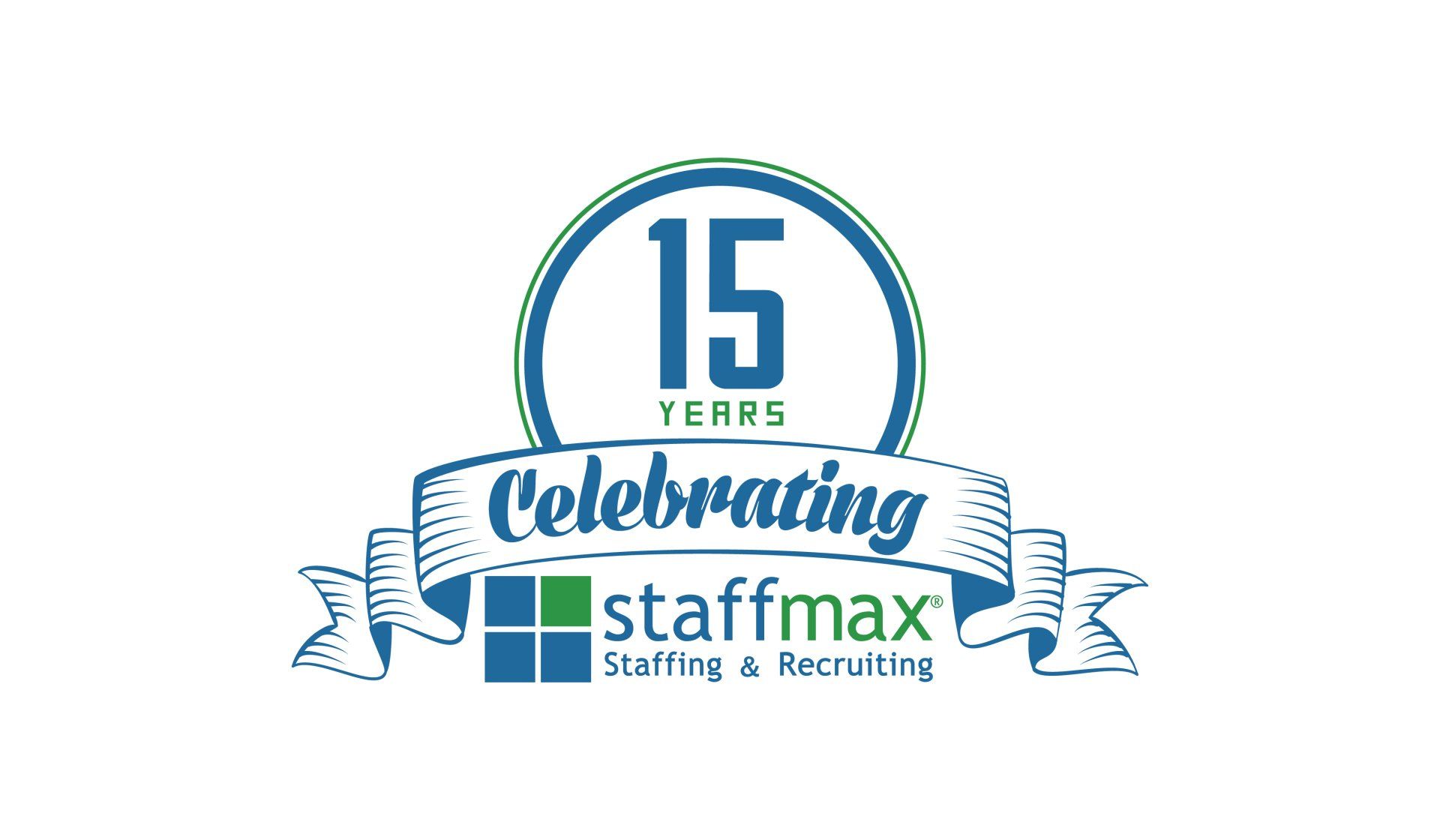What do your employees want more than anything?
By Suzanne Lucas (The Evil HR Lady) for hracuity.com

Money might be the first thing you think of, but a recent study found that flexibility is more important than salary or benefits. And that super nice office building? Well, 77% say they would prefer to work for a company that gives them flexibility rather than work for a company with a fancy corporate headquarters.
Managers often feel nervous about having employees work from home, even though many have successfully done it for almost two years now. While managers have a point – some people are slacking off, and there have even been cases where people hold down two jobs at once – the key is balancing your employees’ needs with their overall performance. You’ll find that flexibility helps everyone and employee relations teams can work with both managers and employees to make this happen.
Encourage productivity without being “big brother”
Your managers probably don’t stand over their employees’ shoulders when they are in the office. Still, some managers want their remote employees to turn on their cameras, be instantly available on Slack and never step away to get a drink. This is not practical and it’s not flexible.
Employee relations (ER) can work with managers to focus on results and outcomes, rather than whether someone is instantly available when a manager reaches out to them. ER can help managers to set team goals that can be measured by performance and not face time on a video chat, which will help them to distinguish between visibility and performance. ER can achieve this through one-on-one coaching, group training or on-the-fly feedback.
There’s an employee side to this as well. Employees need to understand that flexibility doesn’t mean they can do whatever they want, whenever they want. Non-exempt employees still need to track their hours accurately. Managers can set the hours that they expect people to be working – just like in the office – for everyone. Teach people the difference between putting a quick load of laundry in the washing machine and babysitting your sister’s kids for the day “since you’re home anyway.” Boundaries are essential for managers and employees alike. Clear communication and guidelines from ER can eliminate awkward conversations.
Cater to the individual
Some employees desperately need to be in the office to succeed and this doesn’t make them bad employees. Not everyone works well alone, and not everyone has an ideal work-from-home situation. Likewise, some employees work 10 times better in the quiet of their own homes. Others perform best in a hybrid situation.
Help managers and employees to figure out what works best for employees and the core functions of each job. Grocery store cashiers will always need to work in the office, but a graphic design team might be best with a hybrid situation. This requires careful thought and back-and-forth conversations between managers and their employees. ER team members can be called on to facilitate.
Each situation will be different, so it will take a concerted effort by ER to figure out what works best for each department. There’s no one-size-fits all policy here, but if you can help managers learn to listen to their employees, you’ll see great results.
Remember analytics
The best way of teaching managers how to evaluate employees is to use analytics to determine performance. You can look across your organization and see where poor performers cluster. Or where your turnover is. Is it under a particular manager? Is it people working in the office? What are the key differences between people who stay and people who leave?
Each business may have different answers to these questions. That’s what makes your data so important. ER can jump in and fix these pain points when you spot a trend or anomaly. Is it a manager who hovers too much? Or is it an unbearable workload? Or is there a bully lurking in the design team?
Work with your data to uncover these problems, and then work with your people to solve them. A good ER person knows how to translate data into actions that can make a difference.
During the last two years, things have certainly changed in the way we work. ER can help everyone as the workplace continues to evolve. Giving managers and employees the support they need to continue to navigate the new world of hybrid and remote work can make a world of difference for our employees. People may stumble a bit as they learn, but with employee relations there to catch them, you can wind up with a great place to work.













